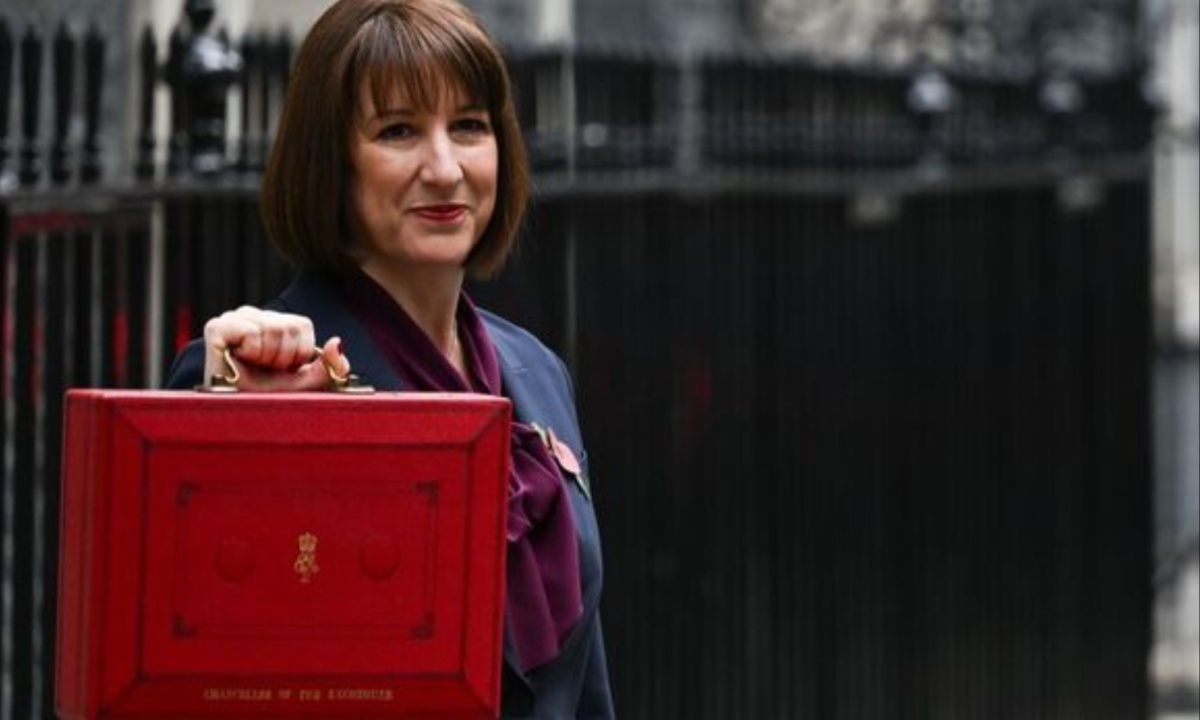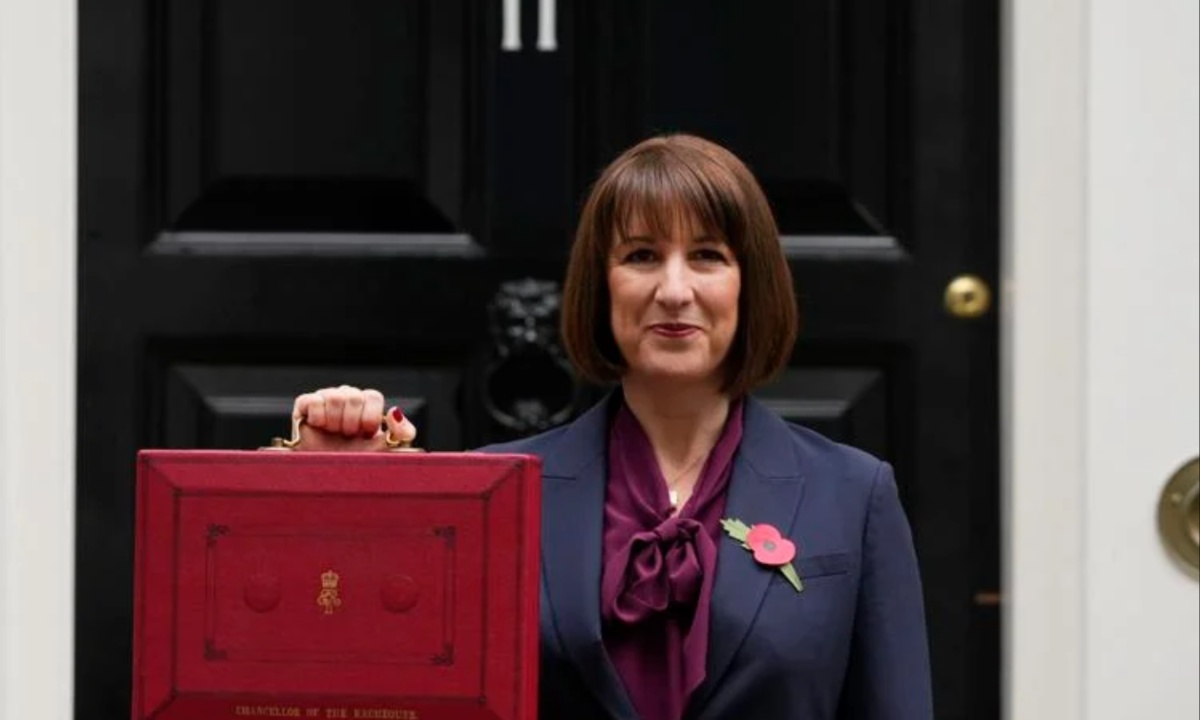In a pivotal budget announcement, British Treasury chief Rachel Reeves introduced a £40 billion tax increase to address what she describes as a funding gap in public finances and to bolster the U.K.’s under-resourced public services. This marks a major policy shift as the Labour Party, newly in power after a 14-year absence, redefines its approach to fiscal responsibility.
Reeves also adjusted debt rules to allow for additional borrowing, emphasizing the government’s commitment to “invest, invest, invest.” While Reeves advocates these changes as essential for long-term economic health, opposition figures criticized the moves, calling them a “fiddling of the books.”
The budget dedicates the largest portion—an extra £25 billion—to the National Health Service (NHS), addressing growing waiting lists and resource constraints exacerbated by the pandemic. Reeves argued that this budget is designed to bring stability to public finances, improve public services, and protect working people.
To fund these commitments, the budget includes substantial tax increases on businesses, including a rise in employer-paid national insurance contributions, which opposition leaders argue could impact wages and employment, challenging Labour’s pledge not to increase taxes on working individuals.
Additionally, Reeves raised capital gains tax, closed inheritance tax loopholes, and imposed higher taxes on private jet users and private school attendees, while surprisingly leaving fuel taxes unchanged.

Labour Introduces £40 Billion Tax Increase to Fund Public Services and Address Budget Shortfall
Revenue from these changes will support a range of public initiatives, including compensations for victims of historical scandals, like the blood contamination scandal and the Post Office Horizon case. Education is also a significant focus, with funding boosts for breakfast programs and school infrastructure improvements, underscoring Labour’s commitment to strengthening public services.
During the recent election campaign, Labour promised to avoid tax hikes on “working people,” a term that has sparked considerable debate. The Conservatives argue that the employer tax increases break this commitment and may ultimately lead to lower wages.
Former Prime Minister Rishi Sunak remarked that Labour’s agenda of taxing, borrowing, and spending was now clearly apparent, suggesting that the policies could hamper economic growth. Reeves defended her budget, stating that the measures are necessary to repair an economy weakened by the previous Conservative administration’s policies and external factors like the pandemic and energy crises.
Labour’s budget, one of the most consequential since 2010, aims to balance robust investment in public services with financial market stability, mindful of the turbulence seen during Liz Truss’s short-lived leadership. Initial market reactions showed some caution, with a slight increase in government borrowing costs following Reeves’ statement.
Although the Office for Budget Responsibility projects a short-term economic boost, long-term growth forecasts are modest. Experts like Thomas Pope from the Institute for Government view this budget as a significant policy shift, with Reeves hoping that strategic investments will enhance public well-being and set a favorable tone ahead of the next election.











































